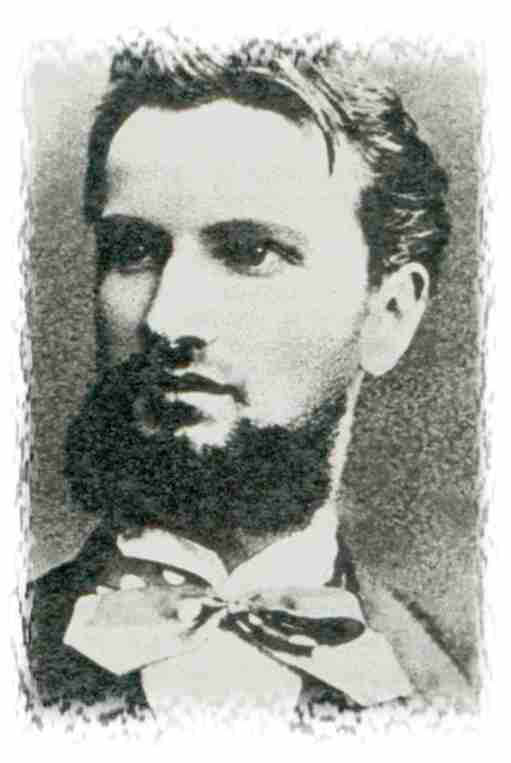- Janko Matúška
Infobox Person
name = Janko Matúška

image_size = 200px
caption =
birth_name =
birth_date = 10 January 1821
birth_place =Dolný Kubín (Alsókubin),Habsburg Monarchy (nowSlovakia )
death_date = 11 January 1877 (aged 56)
death_place =Dolný Kubín (Alsókubin),Habsburg Monarchy (nowSlovakia )
death_cause =
resting_place = Dolný Kubín (Alsókubin)
resting_place_coordinates =
residence = Dolný Kubín (Alsókubin)
nationality = flagicon|SVK Slovak (ethnic)
flagicon|Austria|empireHabsburg Monarchy (citizen)
other_names = Janko Vlastimil Matúška
known_for = author of Slovak national anthem
education =Bratislava (Pozsony) Lutheran "Lýceum"
employer =
occupation = Clerk of the Court, Orava(Árva)
title =
salary =
networth =
height =
weight =
term =
predecessor =
successor =
party =
boards =
religion = Lutheran
spouse = Žofia née Veselovská
partner =
children =
parents = Juraj Matúška
Zuzana Bencúrová
relatives =
website =
footnotes =Janko Matúška (* 10 January 1821,
Dolný Kubín (Alsókubin), † 11 January 1877, Dolný Kubín(Alsókubin)) was a Slovak poet, activist, occasional playwright, and clerk of the court. He is best known as the author of the Slovak national anthem, "Nad Tatrou sa blýska " ("Lightning Over theTatras ").Life
Janko Matúška was born into a craftsman's family in Dolný Kubín.cite book | last = Brtáň | first = Rudo | authorlink = | coauthors = | title = Postavy slovenskej literatúry | publisher = | date = 1971 | location = | pages = | url = | doi = | id = | isbn = ] He began to attend school there, then probably at the Gömör "Gymnázium", and finally he studied at the prestigious
Bratislava (Pozsony) Lutheran "Lýceum" (preparatory high school and college) where he took courses in the Institute of Czechoslovak Language and Literature while majoring in theology.Ľudovít Štúr , the only professor teaching courses offered by the institute at that time, was fired in December 1843 under pressure from the kingdom's authorities, who objected to his pro-Slovak activism. 23-year-old Janko Matúška wrote "Lightning Over the Tatras" when he and other students were agitated about the subsequent repeated denials of their appeals to the school board to reverse Štúr's dismissal. [cite book | last = Sojková | first = Zdenka | authorlink = | coauthors = | title = Knížka o životě Ľudovíta Štúra | publisher = | date = 2005 | location = | pages = | url = | doi = | id = | isbn = ] About two dozen students, including Matúška, decided to leave the "lýceum" in protest in March 1844. Matúška went to take his final exams at the Lutheran "gymnázium" inTisovec (Tiszolc). He lived in Árva for most of his adult life. He stopped writing after theRevolutions of 1848 . He worked in government offices after 1850, and was Clerk of the County Court in Dolný Kubín (Alsókubin) from 1870 to 1875. He died the day after his 56th birthday and was buried in Dolný Kubín (Alsókubin).Works
He started writing at the lýceum. He focused on poetry, especially ballads and fables. He also wrote some prose and drama and translated from Polish, for instance "Dziady" by
Adam Mickiewicz .Poetry
*1844 - "Nad Tatrou sa blýska"
*"Púchovská skala"
*"Svätý zákon"
*"Hrdoš"
*"Sokolíček plavý"
*"Preletel sokolík nad tichým Dunajom"
*"Slepý starec"
*"Po dolinách"
*"Vzdychy spod Lysice"
*"Kozia skala"Prose
*"Zhoda liptovská" (novella)
elections and collections
*1921 - "Janka Matúšku Zobrané spisy básnické"
*1971 - "Piesne a báje", selection from poetry, prose and dramaDrama
*1846 - "Siroty"
References
External links
* [http://www.osobnosti.sk/index.php?os=zivotopis&ID=58964 Janko Matúška at Osobnosti.sk] sk icon
Wikimedia Foundation. 2010.
